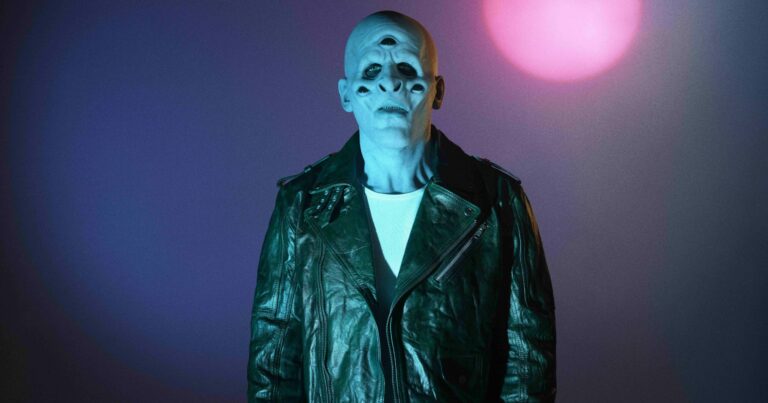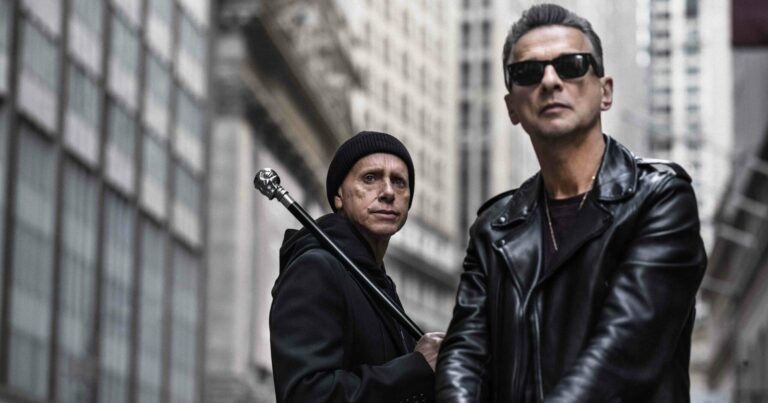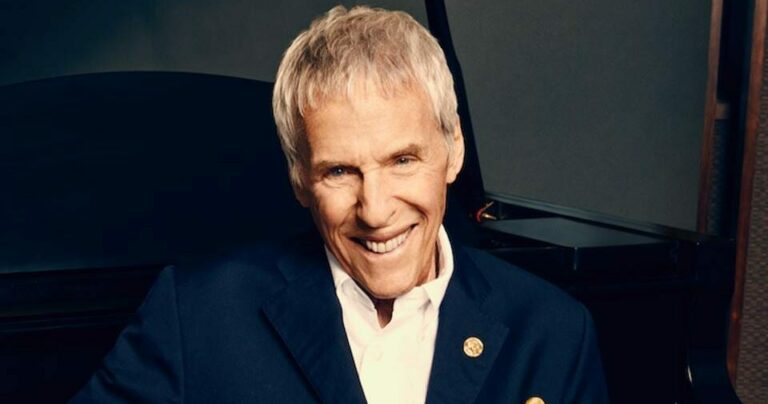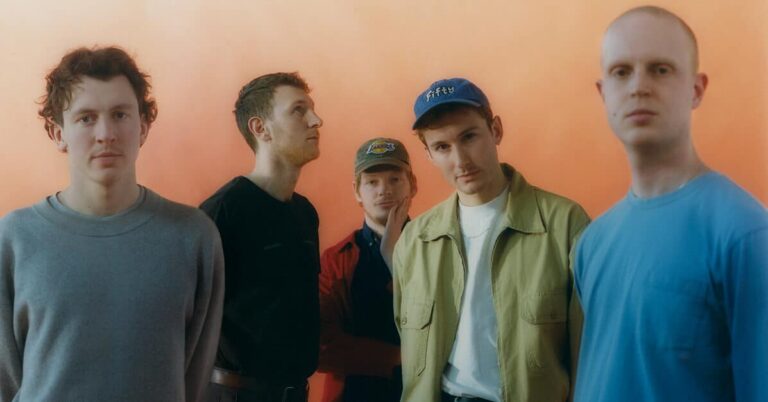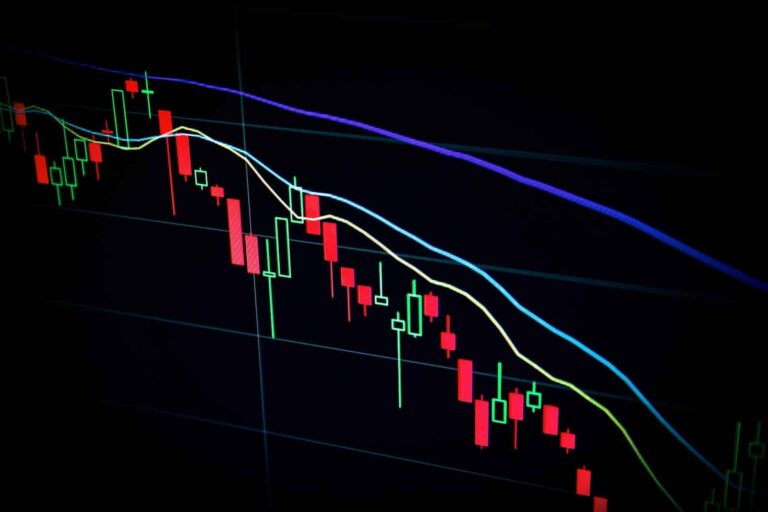M83 has released six new songs, billed as the first chapter of their forthcoming album Fantasy. The record was led by the single ‘Ocean’s Niagara’, which made our Best New Songs segment. Anthony Gonzalez has also announced a run of European tour dates; find those and listen to Chapter 1 of Fantasy below.
Fantasy, the follow-up to 2019’s DSVII, will be released in full on March 17 via Virgin Records.
M83 2023 Tour Dates:
Apr 9 2023 – Phoenix, AZ – The Van Buren
Apr 10 – Phoenix, AZ – The Van Buren
Apr 11 – Albuquerque, NM – El Rey Theater
Apr 13 – San Antonio, TX – The Aztec Theatre
Apr 14 – Austin, TX – Stubb’s Waller Creek Amphitheater
Apr 15 – Houston, TX – The Lawn at White Oak Music Hall
Apr 16 – Dallas, TX – House Of Blues
Apr 18 – Nashville, TN – Marathon Music Works
Apr 19 – Atlanta, GA – The Eastern
Apr 21 – Philadelphia, PA – Franklin Music Hall
Apr 22 – Washington, DC – The Anthem
Apr 23 – Boston, MA – Roadrunner
Apr 25 – New York, NY – Terminal 5
Apr 26 – New York, NY – Terminal 5
Apr 28 – Montreal, QC – MTELUS
Apr 29 – Toronto, ON – HISTORY
Apr 30 – Royal Oak, MI – Royal Oak Music Theatre
May 2 – Chicago, IL – Riviera Theatre
May 3 – St. Paul, MN – Palace Theatre
May 5 – Denver, CO – Mission Ballroom
May 6 – Salt Lake City, UT – Ogden Amphitheater
May 8 – Portland, OR – Arlene Schnitzer Concert Hall
May 9 – Vancouver, BC – Commodore Ballroom
May 10 – Seattle, WA – Showbox SoDo
May 11 – Seattle, WA – Showbox SoDo
May 13 – Pasadena, CA – Just Like Heaven Fest
May 14 – Paso Robles, CA – Vina Robles Amphitheatre
May 16 – Oakland, CA – Fox Theater
May 17 – Oakland, CA – Fox Theate
Jun 7 – Sigulda, LV – Sigulda Castle
Jun 8 – Vilnius, LT – Lukiškės Prison
Jun 10 – Helsinki, FI – Sideways Festival
Jun 17 – Neuchatel,CH – Festi’Neuch
Jun 19 – Milan, IT – Magnolia Summer
Jun 243 – Prague, CZ – Metronome Festival
Jun 27 – Paris, FR – L’Olympia
Jun 29 – London, UK – Roundhouse
Jul 6 – Bilbao, ES – BBK
Jul 7 – Hérouville Saint Clar, FR – Festival Beauregard
Aug 12 – Pezinok, SK – Grape Festival
Aug 13 – Budapest, HU – Sziget Festival
Aug 19 – Biddinghuizen, NL – Lowlands Festival
